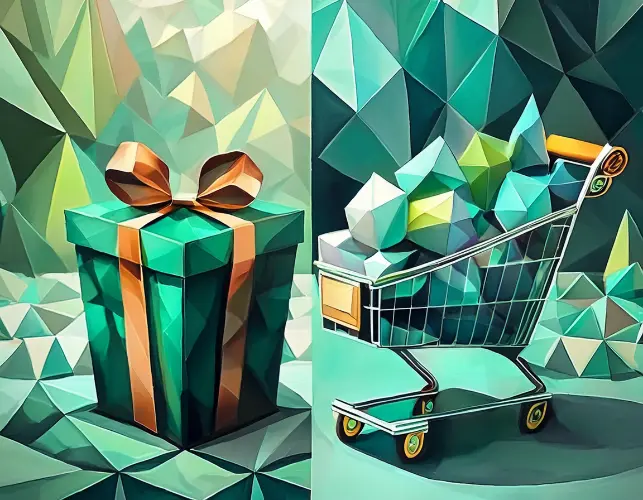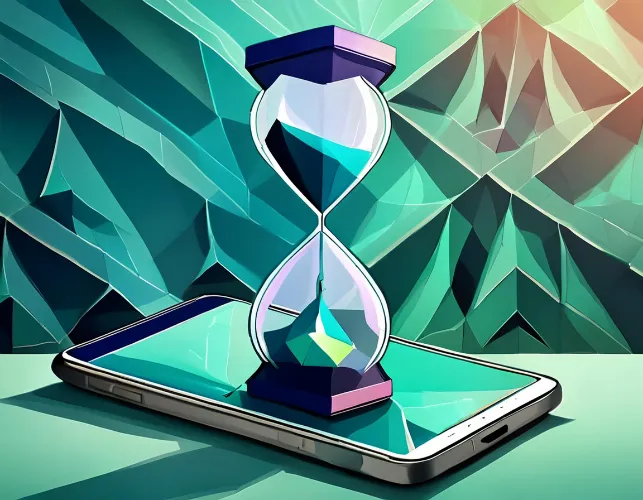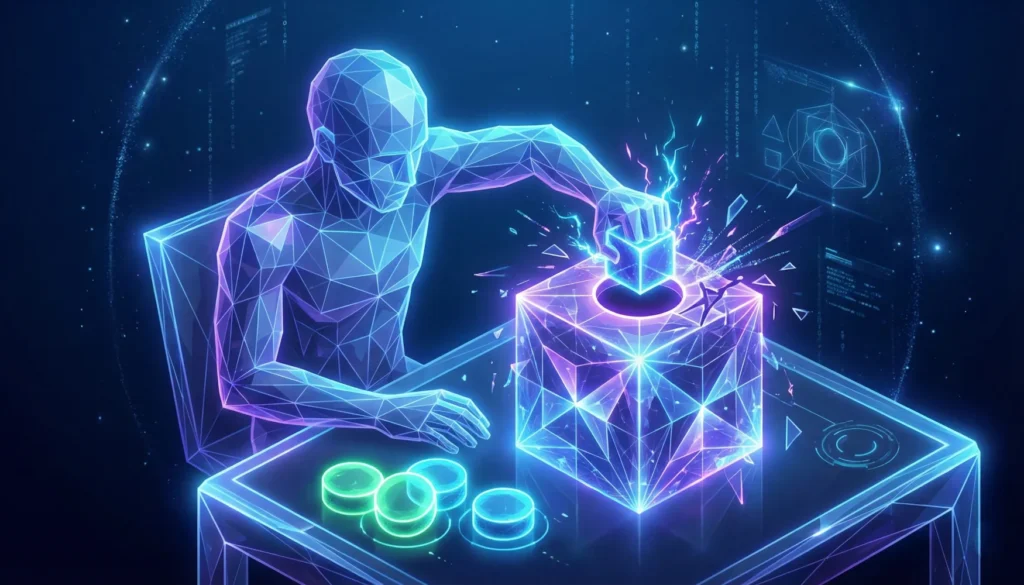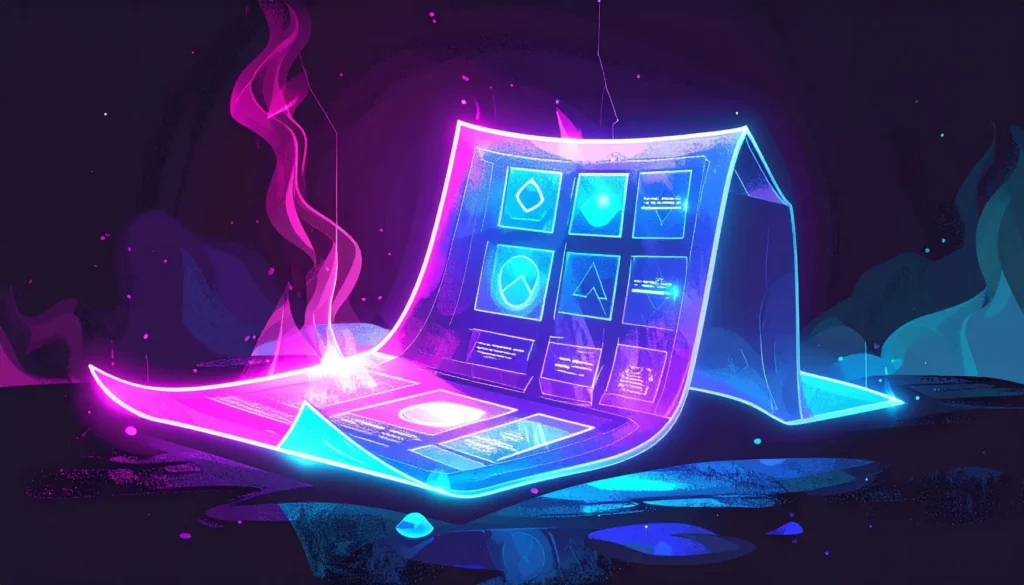
The Insane Power of Scarcity in Marketing
We all know how it is: We see a product online, and it’s just…meh. But then we see a little badge that says “Limited Edition” or “Only 5 Left!” Suddenly, that same meh product becomes infinitely more desirable.
That, my friends, is the power of scarcity in marketing.
What Implied Scarcity Does to Your Consumer Brain:
- Implies Value: Something that is rare must be valuable, right?
- Triggers feelings of belonging: Makes you feel like an “insider” with exclusive access.
- Highlights fear of missing out (FOMO): Creates urgency to act before it’s gone.
- Increases perceived value: Scarcity suggests something must be extra special.
- Focuses on loss aversion: Plays on our fear of losing something valuable.
- Sparks competition: Makes us want things others desire (even more).
The Marketing Psychology Behind Scarcity
Marketers use the principle of scarcity all the time. Sometimes very obviously and sometimes very inconspicuously.
To fully grasp how to use scarcity, you need to understand why it works. Let’s talk about the psychological effects in greater detail, shall we?
If It’s Scarce, It Must Be Great

Our brains are wired to believe that if something is difficult to get, it must be extra special.
This isn’t just some marketing trick; it’s rooted in our evolutionary past. Scarce resources often signaled survival – the best hunting grounds, the safest caves, the tastiest berries.
So, our ancestors developed a keen eye for spotting limited goods. Today, that instinct translates into a desire for things that are hard to come by.
Scarcity becomes a shortcut, a mental tick that whispers, “If everyone wants it, it must be good.”
Feeling Like an Insider
Scarcity taps into our primal desire to belong. When something is exclusive or hard to get, it makes those who have it feel like they’re part of a “special club”.
Remember all those membership rewards programs? They’re not just about discounts; they’re about making you feel like an insider with access to something special.
Think about it this way: wouldn’t a secret concert by your favorite band be way more exciting than a general admission show?
Scarcity adds a layer of intrigue and makes the experience more valuable.

The Psychology of FOMO
Here’s the thing: humans are more motivated by the fear of losing something than the joy of gaining something of equal value.
It’s like a built-in shortcut in our brains. We see something becoming scarce, and our primal instinct kicks in – we gotta have it before it’s gone!
This is why limited-quantity (and limited-time) offers work so well. They create a sense of urgency and play on our fear of missing out (FOMO). Playing on FOMO is a sure-fire way to make it rain online.
Imagine that perfect pair of shoes you’ve been eyeing, but there’s a banner that says, “Only 4 left in stock!” Suddenly, hitting that “buy now” button feels less like a purchase and more like a daring rescue mission to save those shoes from falling into someone else’s shopping cart.
Scarcity Breeds Desire
Scarcity doesn’t just make us want things; it can also make us perceive them as more valuable.
Think about designer handbags. They’re often not inherently better made than their more affordable counterparts, but their limited availability makes them status symbols.

We see someone with that coveted bag, and our brains make the leap that because it’s scarce, it must be amazing! Right?
Also, when something is scarce, it’s OK for it to be more expensive. It’s understandable that it costs more.
The Allure of the Forbidden
The same principle of scarcity applies to information.
A secret recipe is way more intriguing than a common one, right? That’s why teasers work – they create a sense of forbidden knowledge that you can unlock with a simple payment.
If you are one of the few people privy to a secret, you value that information more. And if you are among those who don’t know the secret, you often (secretly) wish you were.
The Power of Now: Urgency
But scarcity isn’t just about limited quantities. The urgency of “time-limited” scarcity is even more powerful. This psychological mind-fork is (fittingly) called the Principle of Urgency.
Making a give away available for a limited time e.g. 48 hours so that people take action immediately.
— Enigmatic Nico (@enigmatic_nico) May 10, 2024
It also creates a sense of urgency.
Enigmatic Nico‘s example perfectly shows this: Imagine a product that’s just about to sell out—it suddenly becomes much more desirable than something that’s perpetually scarce. That’s because you feel it’s “urgent” to act now.
This is why “flash sales” are so effective. They create a window of opportunity that makes people feel like they need to act fast. This is scarcity bound to an egg timer.

Competition Makes It Hotter
Now, let’s add another layer to the scarcity cake: competition. When we see others wanting something scarce, it makes us desire it even more.
It’s like a primal game of keep-away. We don’t just want the thing; we want to win the competition for it.
Imagine belonging to a select few who are allowed to own a high-end Rolex. Did you know:
Every time Rolex brings out a new model of which there is only limited production, they contact their loyal customers personally to see if they’re interested in buying. And almost always, they immediately are – because they are in competition with each other to be one of the select few.
Trust me, I know someone who’s in that special club. If he has the cash on hand right then and there, he buys the watch. Sometimes, even without ever having seen it in person.
Competition around scarce items is fierce. It is so fierce that you can’t imagine it unless you’ve experienced it firsthand.
The Scarcity Trap (and How to Avoid It)
Here’s the catch: while scarcity is a powerful tool, it can backfire if you’re not careful.
If your scarcity tactics feel fake or manipulative, they’ll turn customers off faster than you can say “limited-time offer.”
The key is to use scarcity ethically and strategically. Focus on creating genuine value and limited-time opportunities that benefit your customers.
Never resort to pressure tactics or false scarcity. People can smell B.S. – even through a computer screen.
Making Scarcity Work for You
So, how can you leverage the power of scarcity (and urgency) in your marketing? Here are a few tips:
- Limited-time offers: Create a sense of urgency with deadlines and limited quantities. This is great for seasonal sales or “anniversary offers” and such.
- Early-bird specials: Reward those who take action fast. Use this when launching a new product or service.
- Exclusive content: Offer valuable content only to subscribers or loyal repeat customers. Give them value they can’t get anywhere else, and tell them they can invite only one friend—then watch the magic happen.
- Limited-edition products: Create a sense of collectability and exclusivity. Pair this with a feeling of exclusivity for a championship-winning one-two punch (like Rolex).
- Highlight social proof: Show how many people are interested in your product. This provides “proof” for why your offer is scarce and makes them want it even more. Use reviews that mention how hard it was to get a hold of your product, for example.
Remember, scarcity is a powerful tool, but it’s just one piece of the marketing puzzle. Use it wisely and ethically, and combine it with other strategies to truly make your offers irresistible.
I publish articles like this all the time. Here are some you might like because they’re somewhat related:
Resources Used to Write This Article:
Berger, J. (2013). Contagious: Why things catch on. Simon & Schuster, Inc.
Check out book
Cialdini, R. B. (2007). Influence: The psychology of persuasion (Revised ed.). HarperCollins Publishers.
Check out book
Whitman, D. E. (2009). Cashvertising: How to use more than 100 secrets of ad-agency psychology to make BIG MONEY selling anything to anyone. Career Press, Inc.
Check out book



